Times are changing – and with them, the political and societal challenges faced by the LGBTQIA+ community. While in some parts of the world, thanks to the efforts of activists and the increasing acceptance of diversity, many successes have been achieved, we are simultaneously witnessing a dangerous rollback: The rights of queer people are being undermined, their existence is being questioned, and their access to healthcare is increasingly restricted.
This regression is particularly stark in the United States under the administration of Donald Trump, in Russia where repression against the LGBTQIA+ community continues to intensify, and in Hungary where the government is implementing measures that increasingly limit the rights of queer people. These developments pose a serious threat to the rights and well-being of millions of people.
As GLAY – Gay and Lesbian Asociados del Yumbo in Gran Canaria – we view these threats with concern. We understand the importance of solidarity, visibility, and support, not only to defend existing rights but also to fight for new ones. Our daily commitment to the LGBTQIA+ community shows us: Our struggles are interconnected.
Christopher Street Day – A History of Resistance

The only known photograph taken during the first night of the riots, by freelance photographer Joseph Ambrosini, shows LGBTQ youth scuffling with police
The roots of today’s Pride movement trace back to 1969, when queer people first took to the streets of Christopher Street in New York City, loudly and visibly. The so-called Stonewall Riots were a resistance against the arbitrary and often brutal police raids on queer bars, especially the Stonewall Inn. What began as a spontaneous uprising grew into a national and global revolt known as Christopher Street Day (CSD).
Among the courageous individuals who resisted that night were Drag Queens, transgender people, queer People of Color, and homeless youth – including icons Marsha P. Johnson and Sylvia Rivera. These men and women led the charge to fight for the rights of all queer people and to establish a new era of resistance. The first CSD events were acts of visibility and protest against invisible oppression.
Video “Gay and Proud” – a 1970 film by Lilli Vincenz documenting the first Christopher Street Liberation DayToday, CSD, or Pride, is a global symbol for the demand for equality, tolerance, and acceptance. However, even as Pride events are increasingly a celebration of diversity and pride, CSD remains a political act, highlighting ongoing discrimination and the threat to queer rights.
Gran Canaria: From Activism to Community Strength
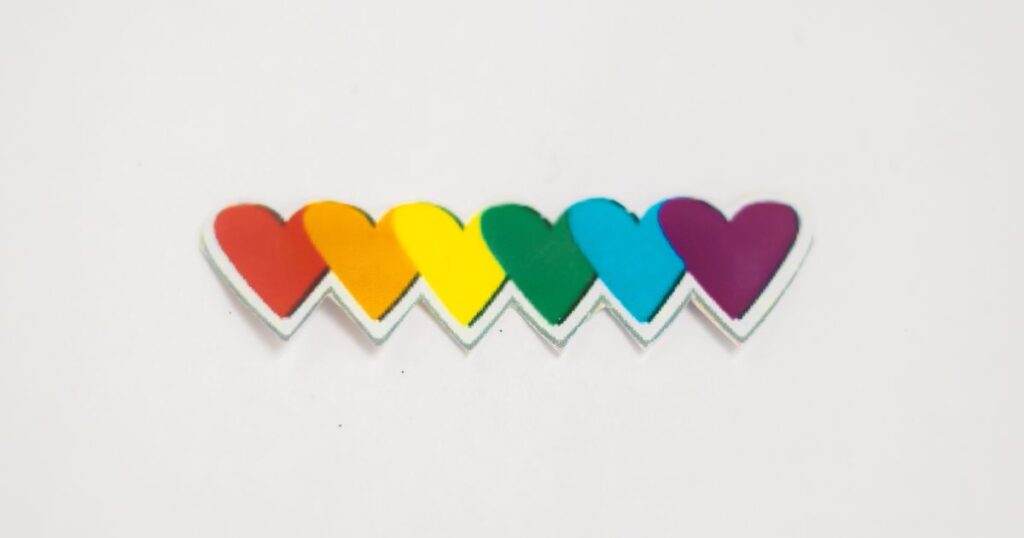
As GLAY on Gran Canaria, we have been committed since our founding to creating a safe and visible space for the LGBTQIA+ community, and we continue to do so today. In 2002, GLAY, together with the Ayuntamiento de San Bartolomé de Tirajana, organized the first Pride Parade in Maspalomas – a small but significant step in the history of queer activism on the Canary Islands. Since then, Maspalomas has become one of the most well-known destinations for LGBTQIA+ people. The annual Maspalomas Pride has grown into one of the largest Pride events in Spain, with visitors from around the world attending.
Despite the fact that we as GLAY are no longer directly involved in organizing the event, we continue to fully support Pride and its various initiatives, ensuring, through our Pride Safety Guide, that visitors feel safe and can receive help. It’s not just about a party – it’s a clear symbol of solidarity and pride that we must uphold as a community.
Pride events are not only an opportunity for celebration but also a moment to reflect on the social and political struggles that continue to persist – both here on Gran Canaria and worldwide. Safety, visibility, and the right to freely express one’s identity are central issues that continue to drive us.
USA 2025: Setbacks Instead of Progress
With the re-election of Donald Trump as President of the United States, we are experiencing a dramatic setback in queer rights policy. The Trump administration has implemented a series of measures that directly threaten the lives of LGBTQIA+ people in the U.S.:
- Abolition of HIV Programs: The “Ready, Set, PrEP” program, which provided free access to HIV prevention medications, was terminated. PrEP is a lifesaving measure to reduce the risk of HIV infection among at-risk groups. This decision leaves millions of people without access to one of the most important tools in preventing HIV transmission.
- Cutbacks in HIV Research Funding: Numerous federal grants that were previously used for research in the areas of HIV and AIDS have been drastically cut. This has severe consequences for healthcare and research into HIV prevention, treatment, and cure.
- Hostile Legislation Against Queer People: In addition to these health setbacks, new legal regulations have been introduced that further restrict the rights of LGBTQIA+ people. Laws against trans people, which legitimize discrimination in public facilities, and the reduction of LGBTQIA+ educational offerings in schools are just some of the alarming developments.
These measures not only endanger the health of LGBTQIA+ people but also their right to an equal life. The government’s decision to cut HIV prevention and research is particularly alarming as it represents a direct setback in the fight against the HIV epidemic.
Russia: The Systematic Erasure of Queer Visibility
In Russia, repression against the LGBTQIA+ community is intensifying dramatically. The Putin administration continues its restrictive policies aimed at preventing any form of positive representation or support for LGBTQIA+ issues in the public space. Particularly alarming is the 2022 “LGBT Propaganda Law,” which not only severely limits the rights of LGBTQIA+ people but also has a significant impact on public life:
- Ban on Elton John AIDS Foundation: One of the most important organizations fighting HIV in Russia, the Elton John AIDS Foundation, was declared “undesirable” in 2025, and its activities in the country were stopped.
- Censorship and Prosecution: The law, which now also applies online, not only prohibits positive depictions of LGBTQIA+ topics but also any mention in a non-negative context.
In Russia, the persecution of queer people has advanced to the point where more and more LGBTQIA+ individuals are fleeing underground or emigrating abroad to protect their identity.
Hungary: Repressions Within the EU
Not only outside of Europe are there worrying developments. Within the EU, and specifically in Hungary, the rights of LGBTQIA+ people are increasingly being questioned. The government of Viktor Orbán follows a systematic policy of homophobia, enacting various legal steps that severely limit the rights of queer people:
- Ban on Adoption for Same-Sex Couples: In 2020, the Hungarian Parliament passed a law that excludes same-sex couples from the right to adopt children. The law pressures queer couples to give up on starting families and intensifies societal pressure on LGBTQIA+ people.
- Censorship of LGBTQIA+ Topics in Public: In 2021, the Hungarian government introduced a law banning “LGBTQIA+ propaganda” in schools and media. Content that “promotes sexual orientation” was banned. It even goes as far as banning films and advertisements that deal with queer topics from the public space, severely restricting the visibility of LGBTQIA+ people.
This approach represents a serious regression in fundamental rights within the European Union and has sparked international protests.
But there is a Beacon of LGBTQIA+ Rights: Spain
While the political developments in the U.S., Russia, and Hungary are worrying, Spain provides a shining example of how progressive legislation and societal acceptance can lead to positive change:
- Marriage for All: Since 2005, marriage for same-sex couples has been legally recognized in Spain. This legislation marked a significant advancement in legal equality and granted queer couples the same legal recognition as heterosexual couples.
- Trans Rights: Spain is one of the few countries that comprehensively protects the rights of transgender people. Trans people have the right to gender-affirming healthcare and can change their gender designation without medical requirements.
- Protection Against Discrimination: Furthermore, Spain offers comprehensive legal protection against discrimination based on sexual orientation or gender identity, making it a safer place for LGBTQIA+ people.
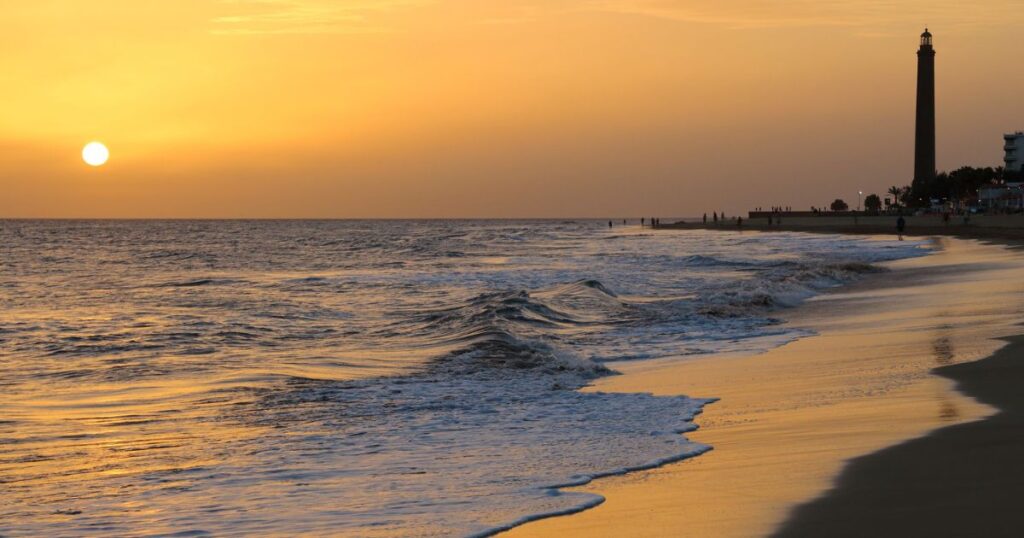
Particularly the Canary Islands – and especially Gran Canaria – have established themselves as important LGBTQIA+ travel destinations. The Maspalomas Pride is one of the largest and most well-known Pride events in Spain, attracting tens of thousands of visitors from around the world every year.
GLAY: For a Solidarity and Safe Future
We at GLAY are aware that the current developments worldwide pose significant challenges for the LGBTQIA+ community. But we also know: Solidarity is the key. It’s important that we support each other and remain visible. Only through solidarity, visibility, and active participation can we overcome the setbacks we face and create a future where all people – regardless of their sexual orientation or gender identity – can live equally.
In Maspalomas, Gran Canaria, we continue to organize events and provide a safe space for the LGBTQIA+ community. And we will not stop advocating for rights, health, and acceptance worldwide.
We Won’t Give Up – We Will Be Louder!
The rights of the LGBTQIA+ community worldwide are at risk. But we will not be silenced. The path to equality may be long, but the solidarity we show worldwide makes us strong. Together, we can fight for a better, safer, and more just future – for ourselves and for all who come after us.
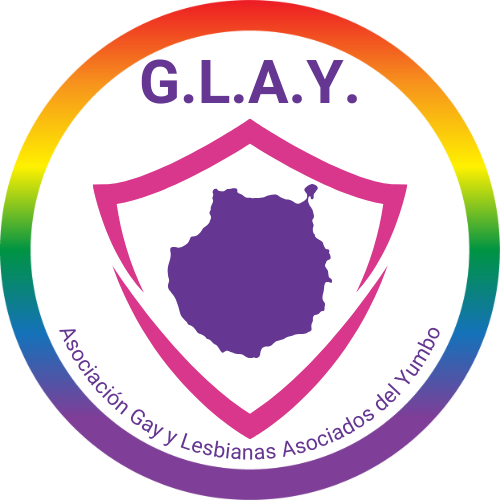


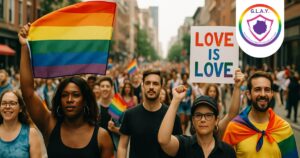
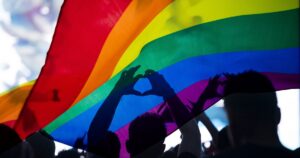
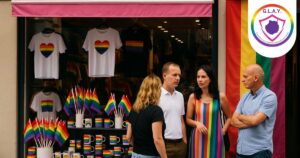
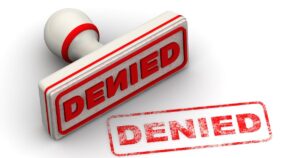

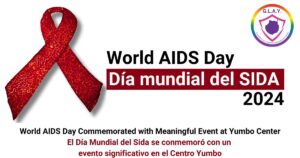
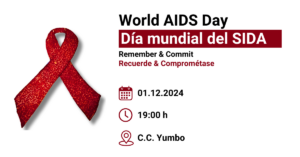
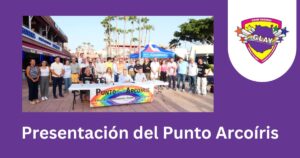

0 Comments